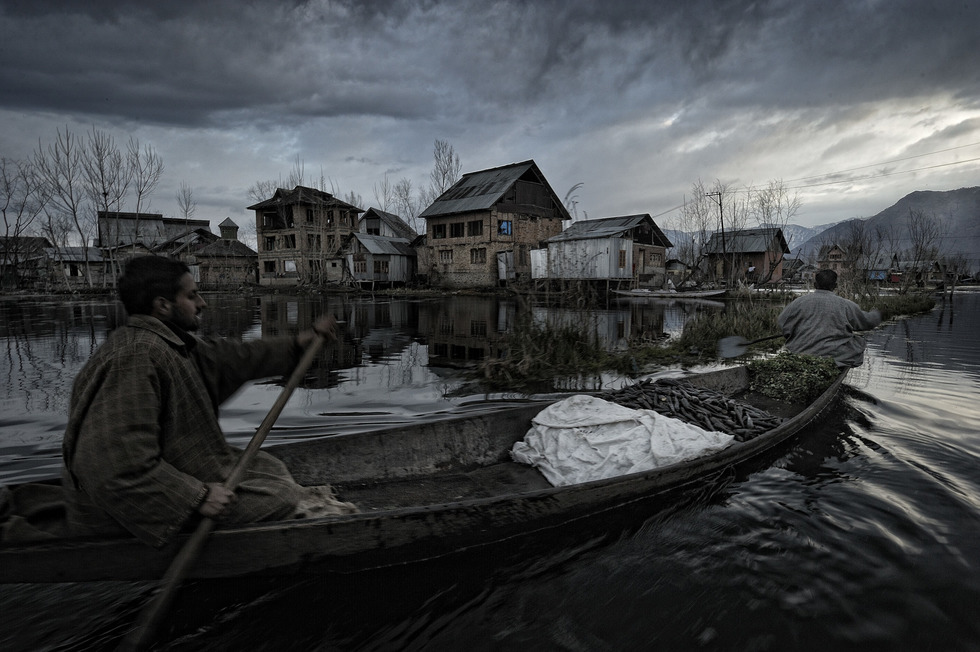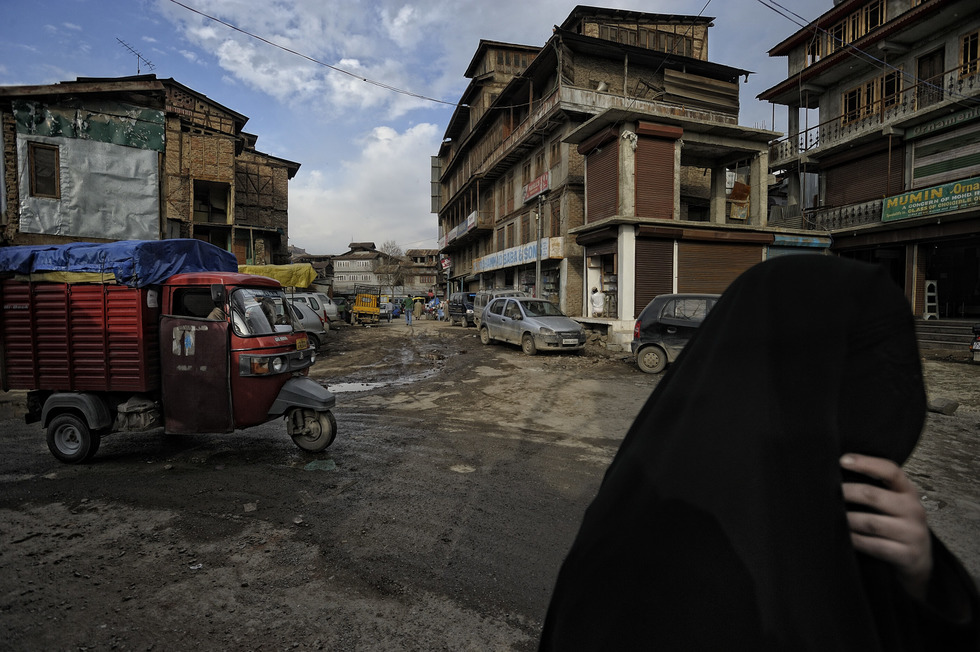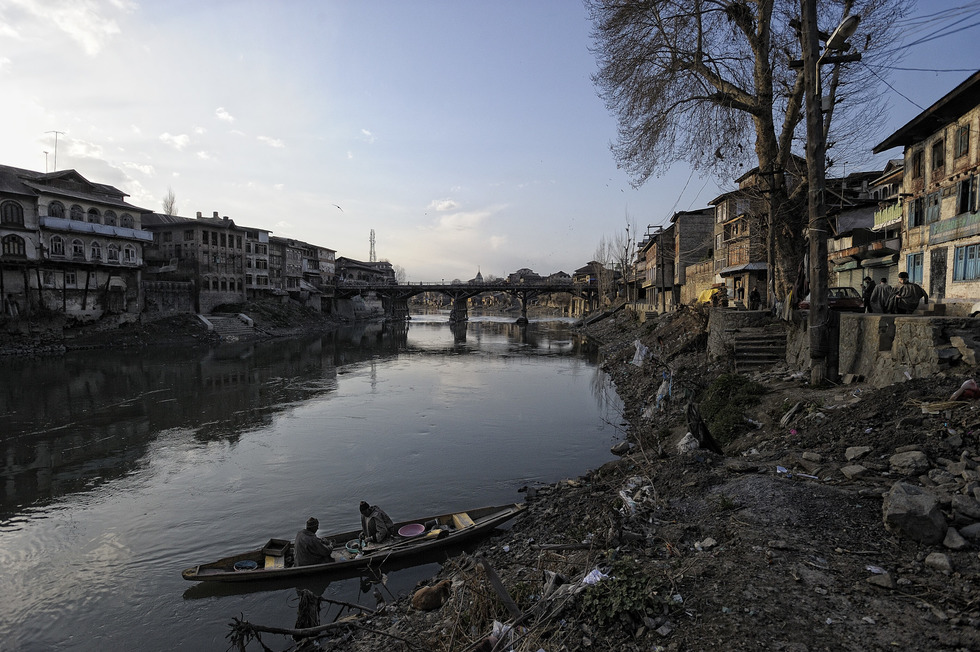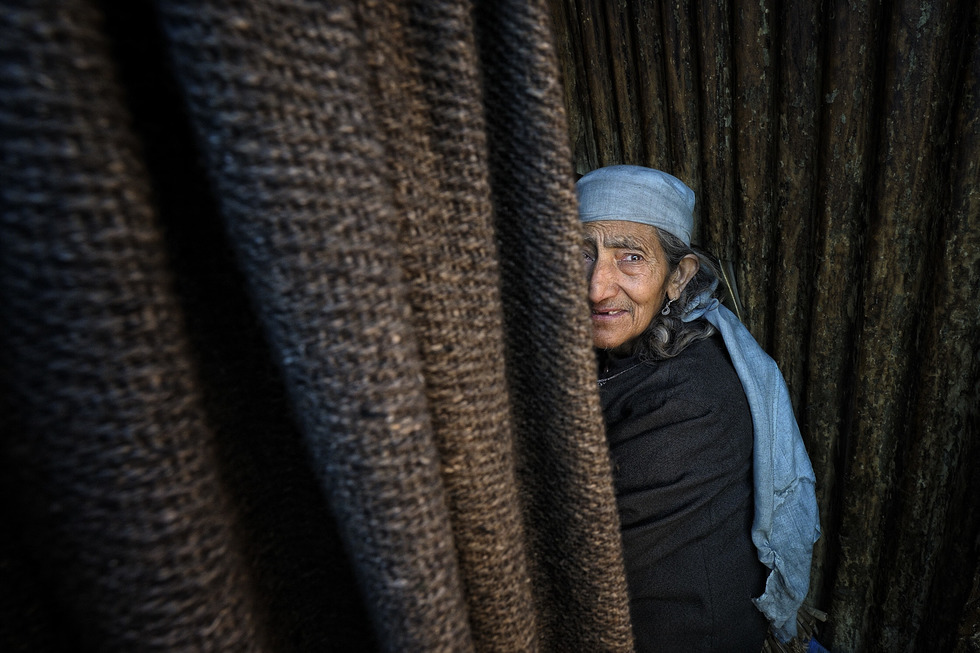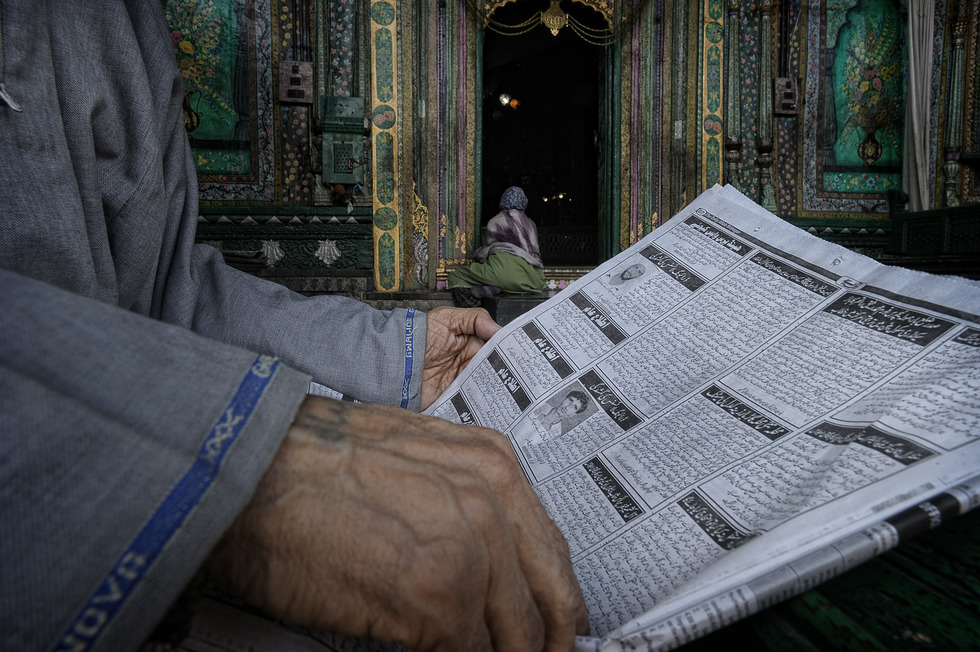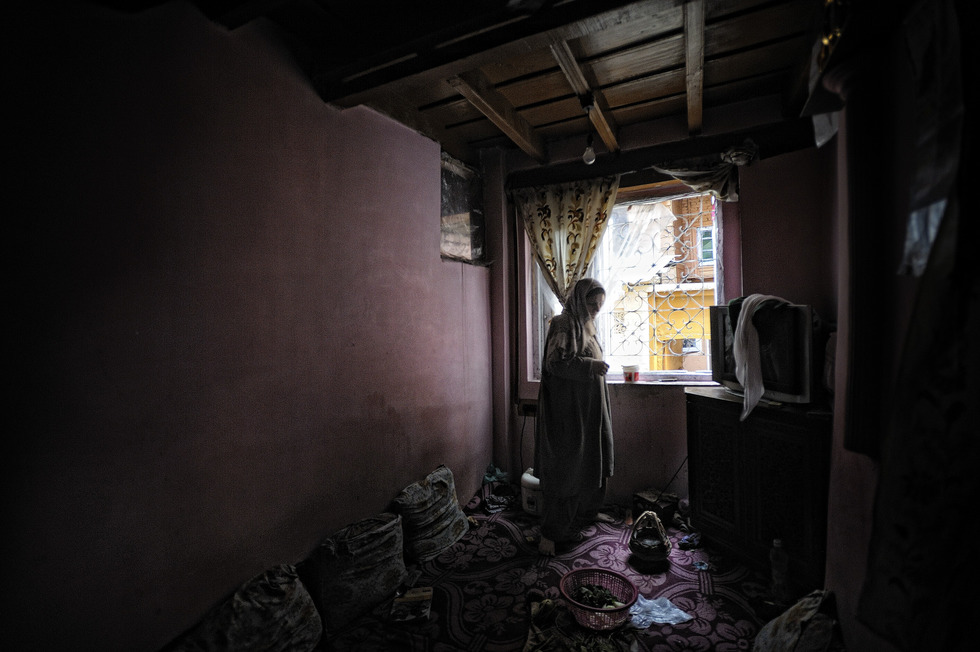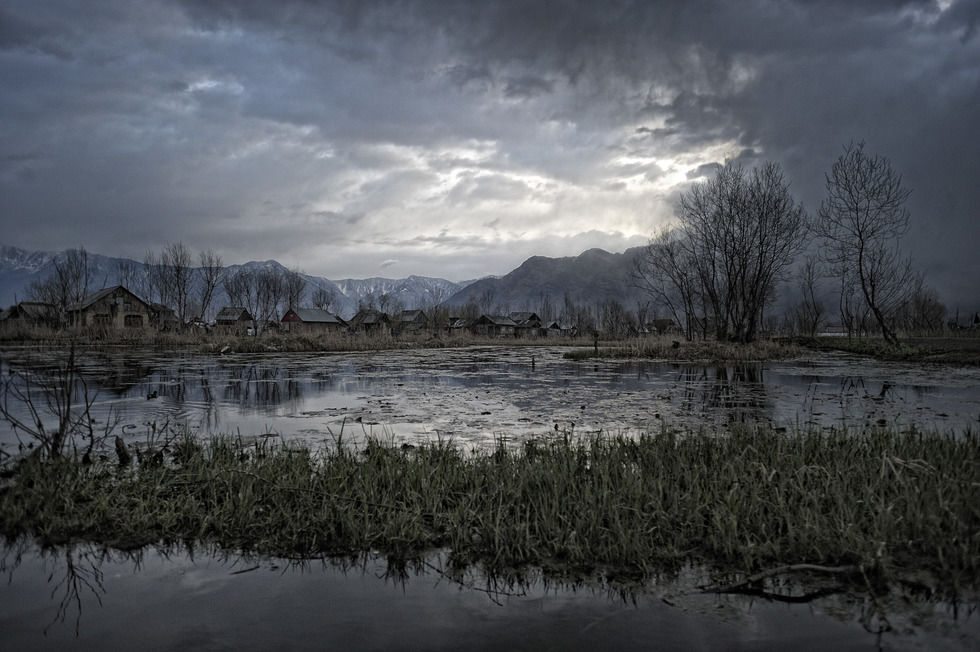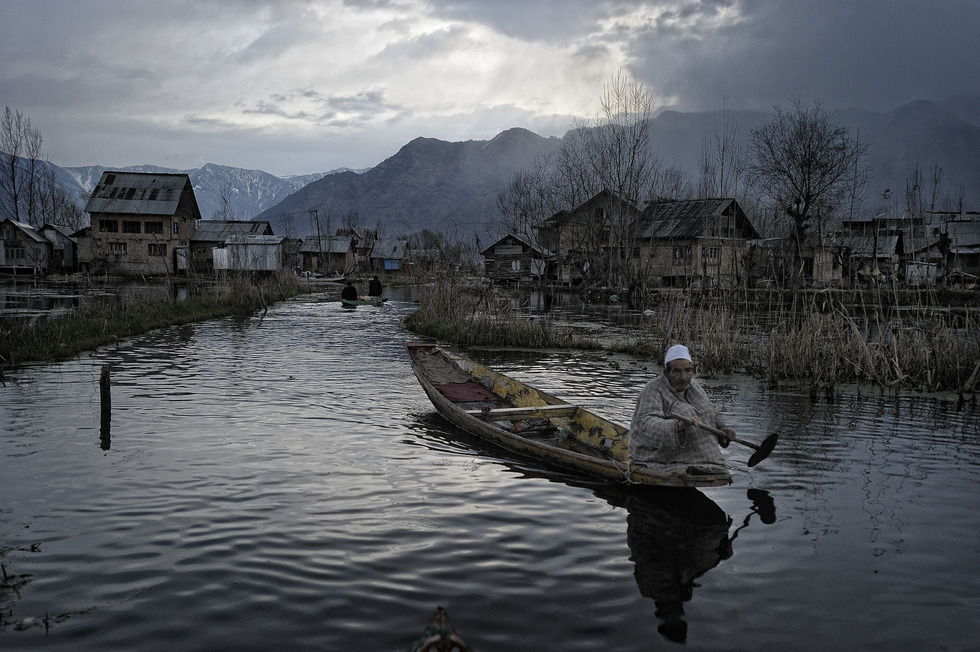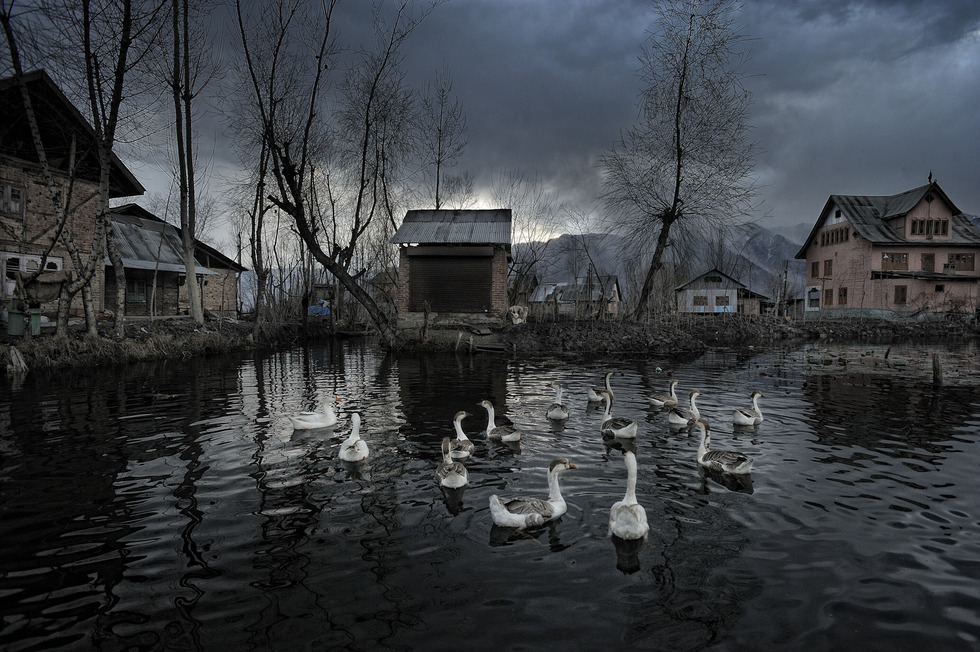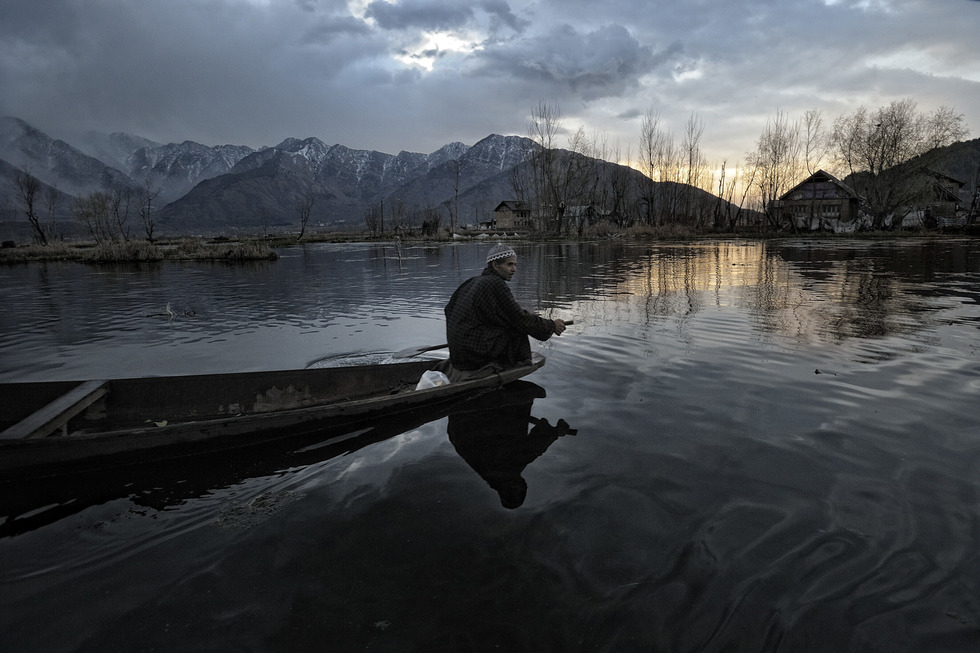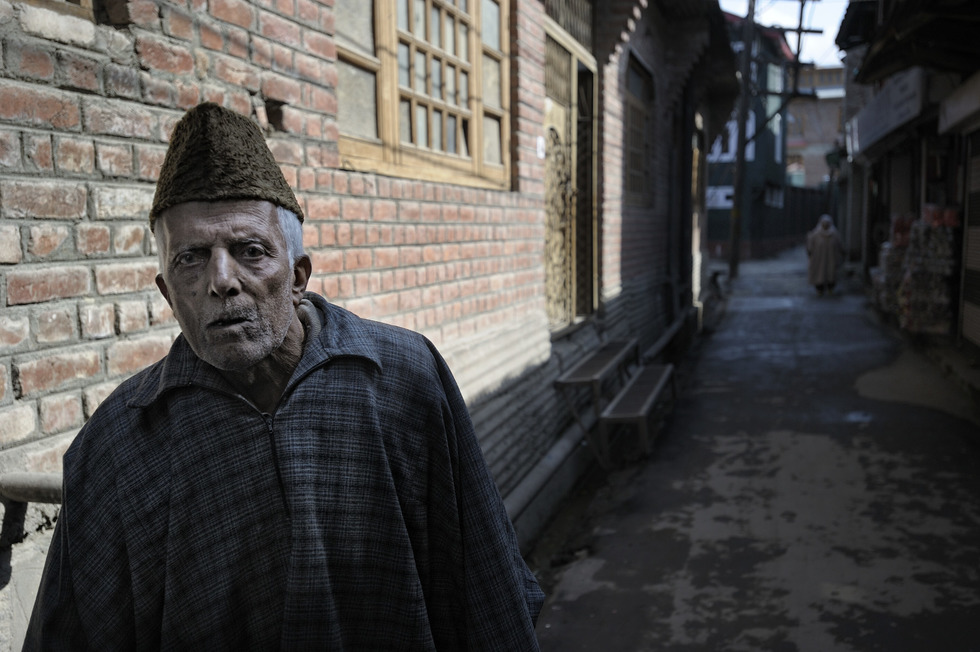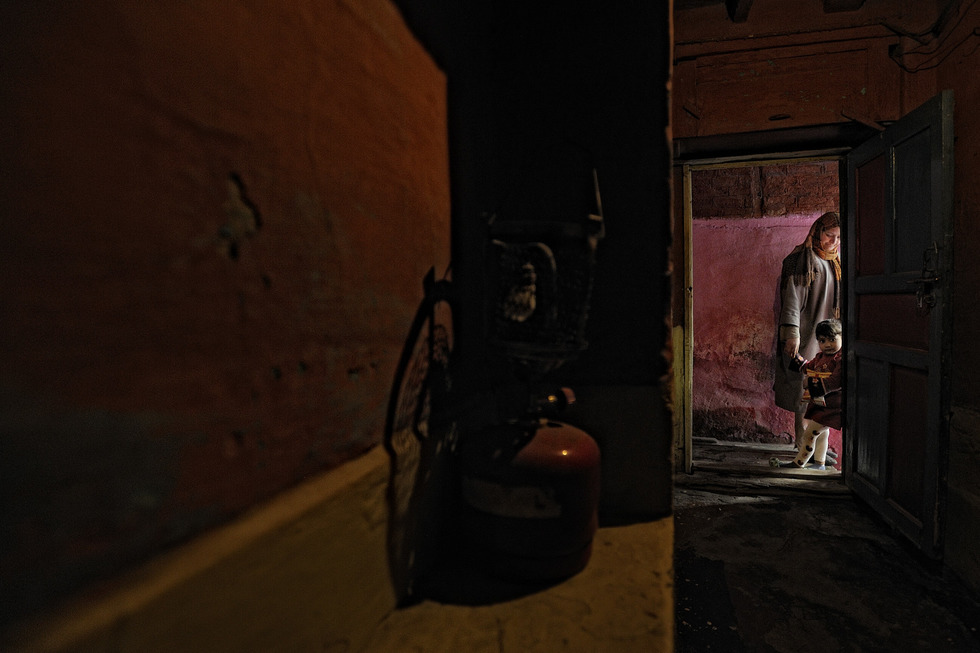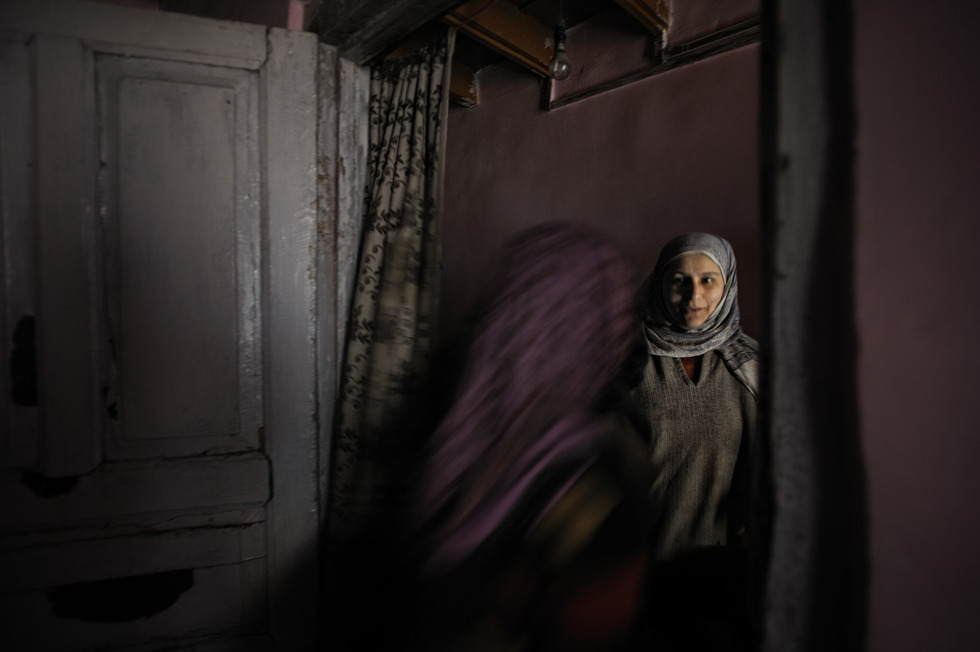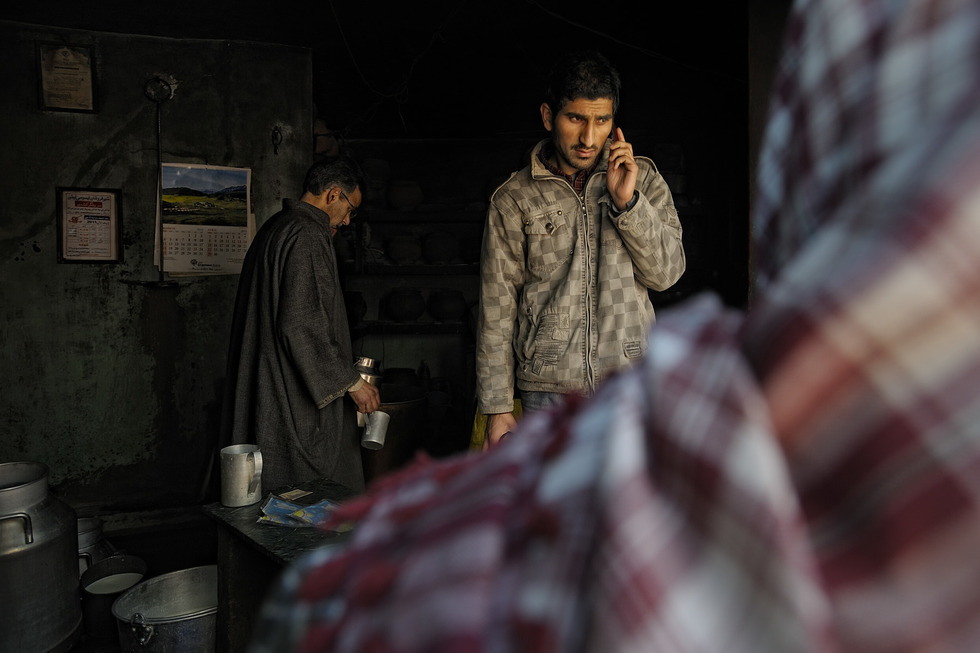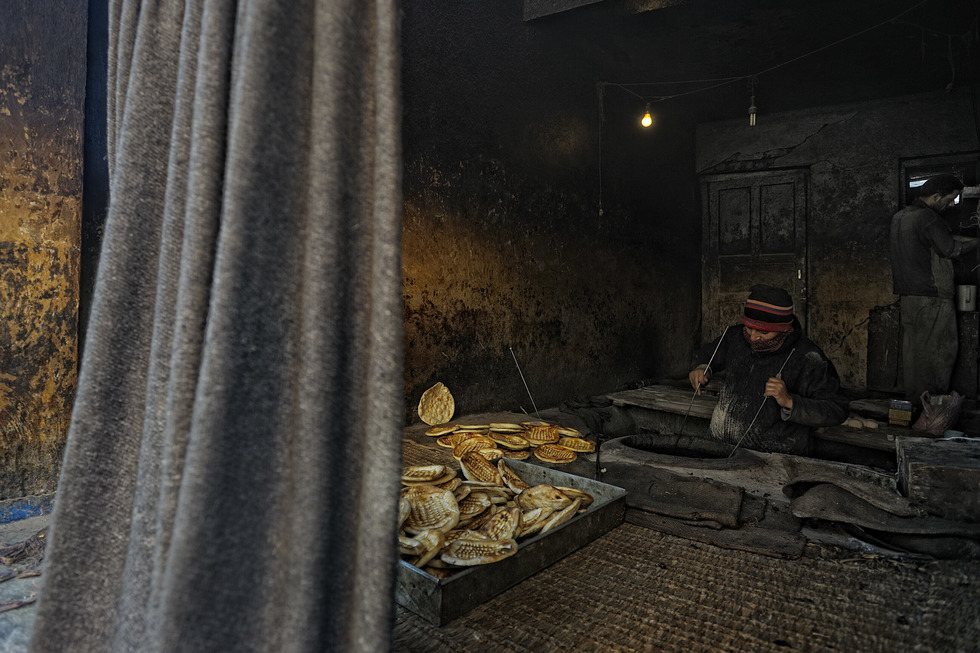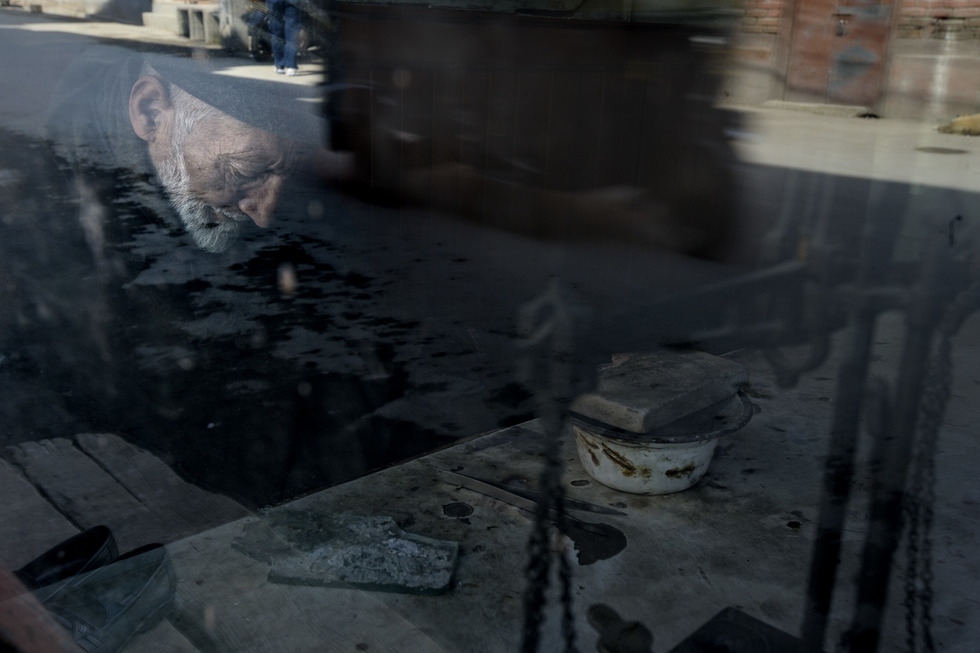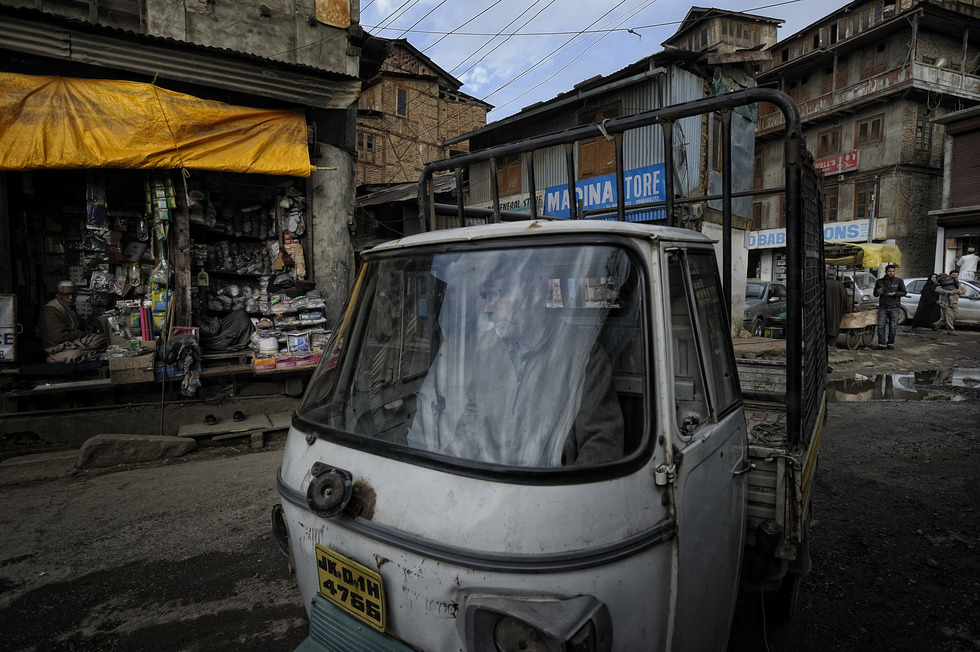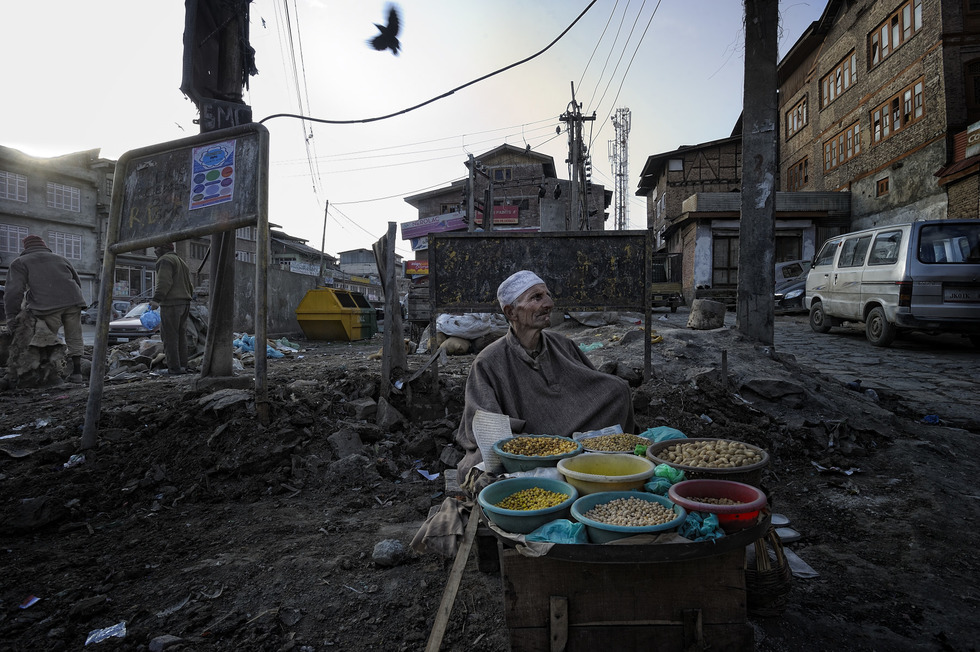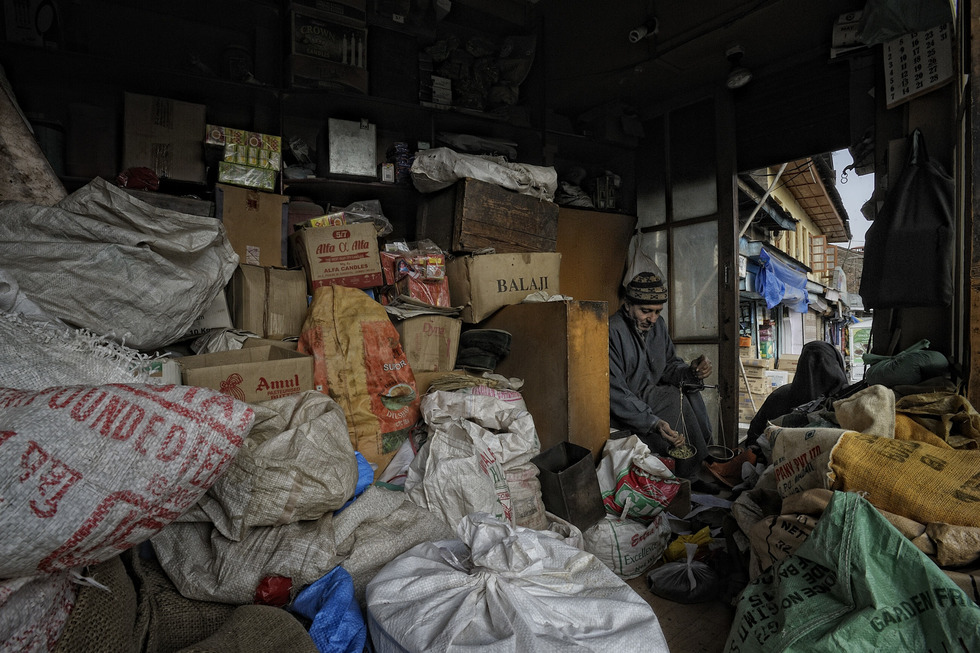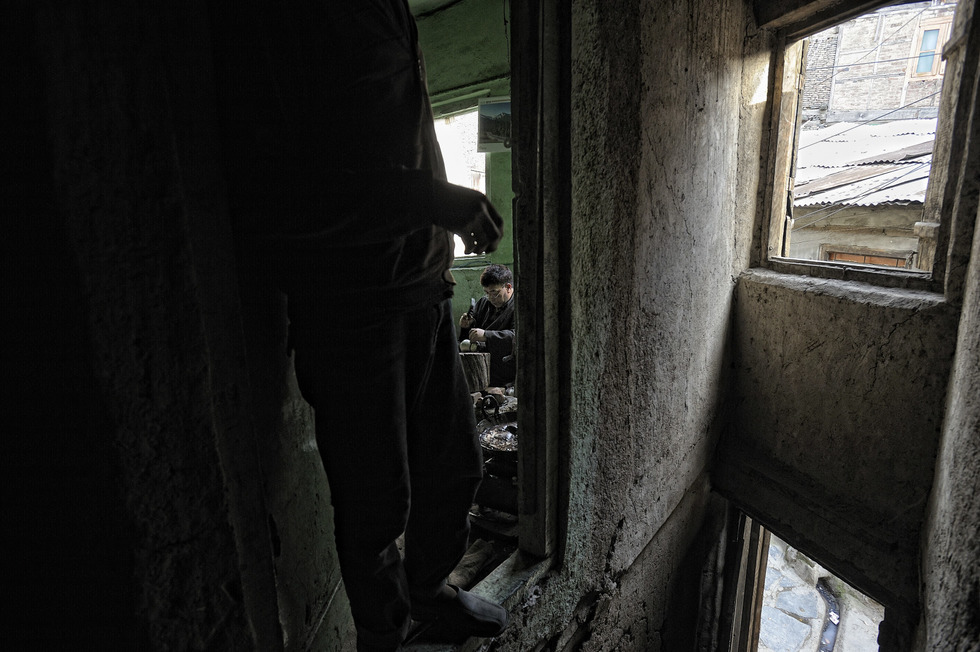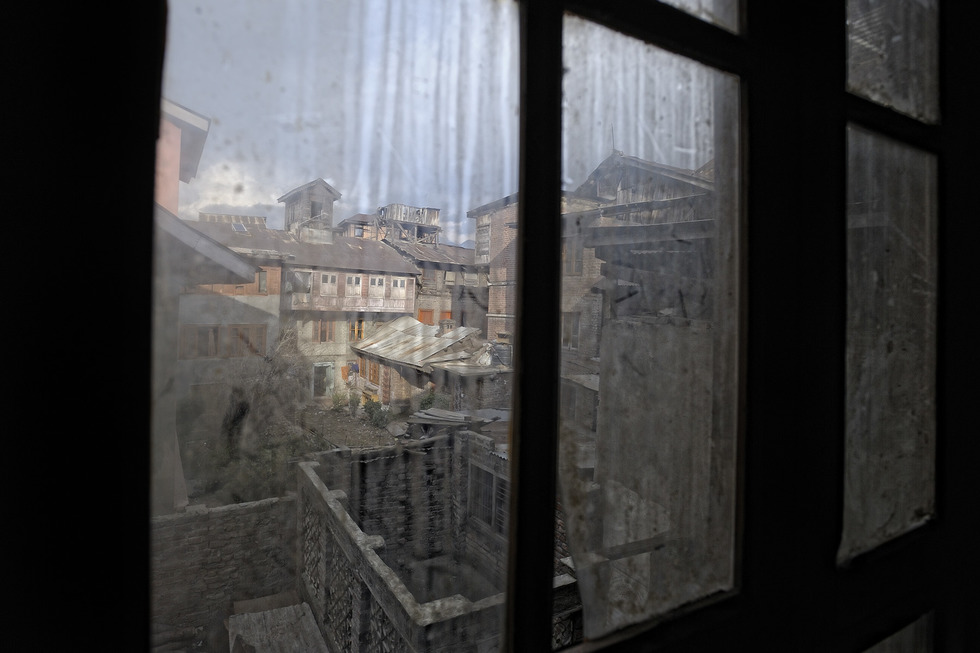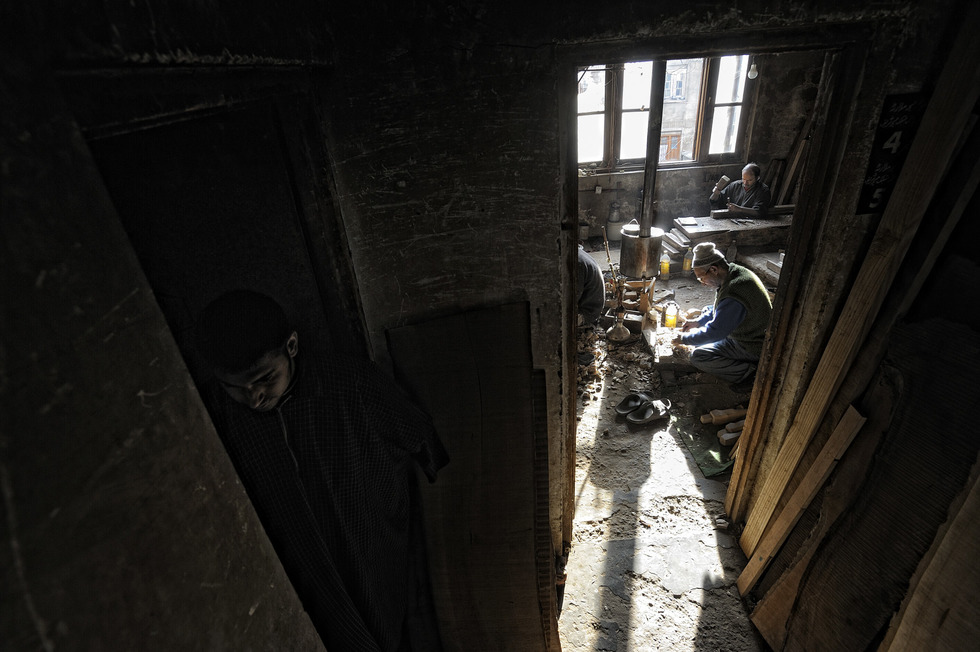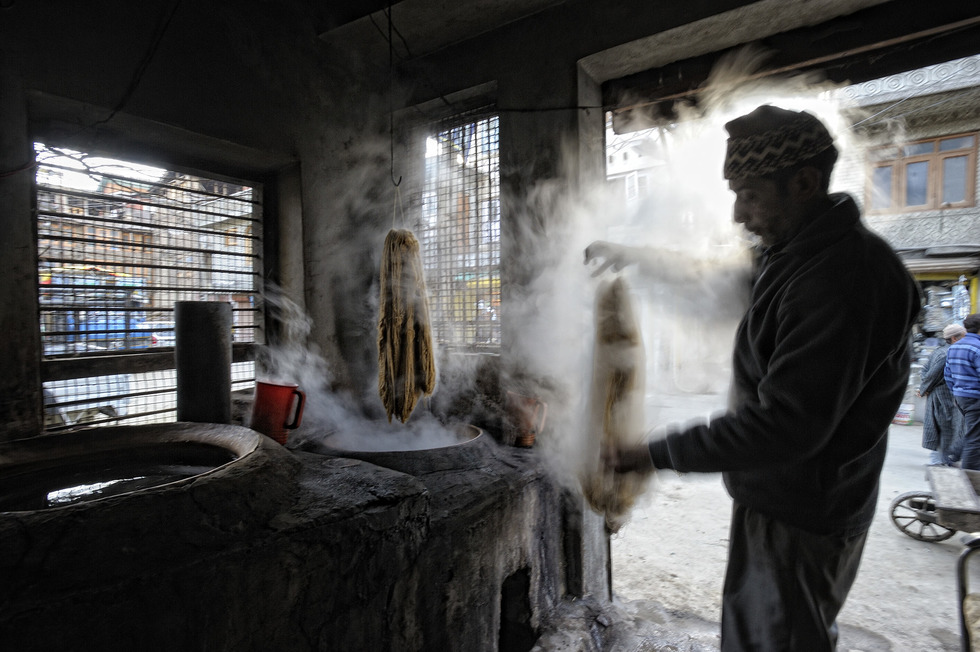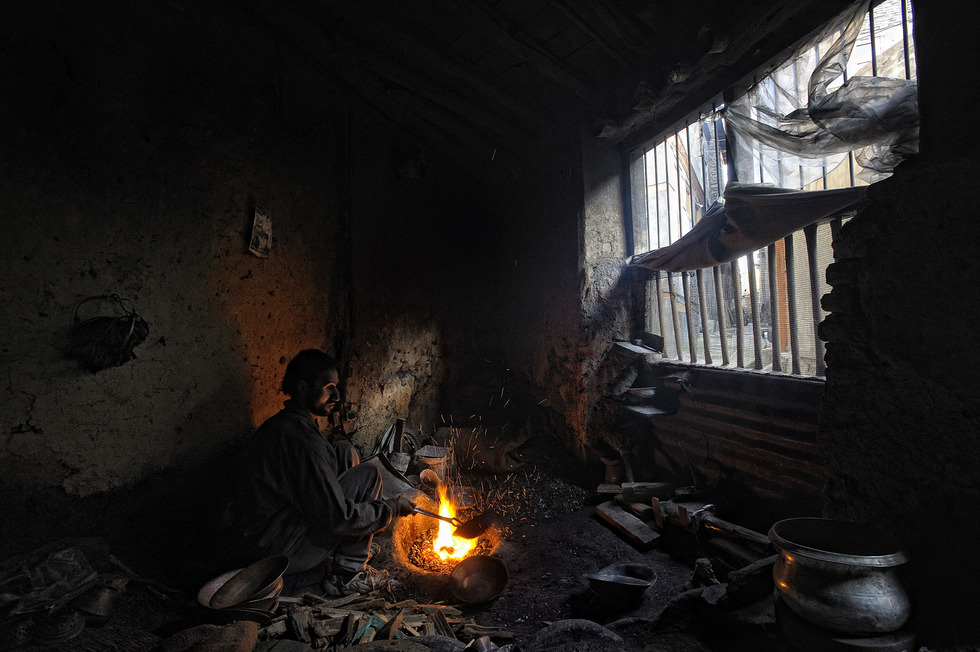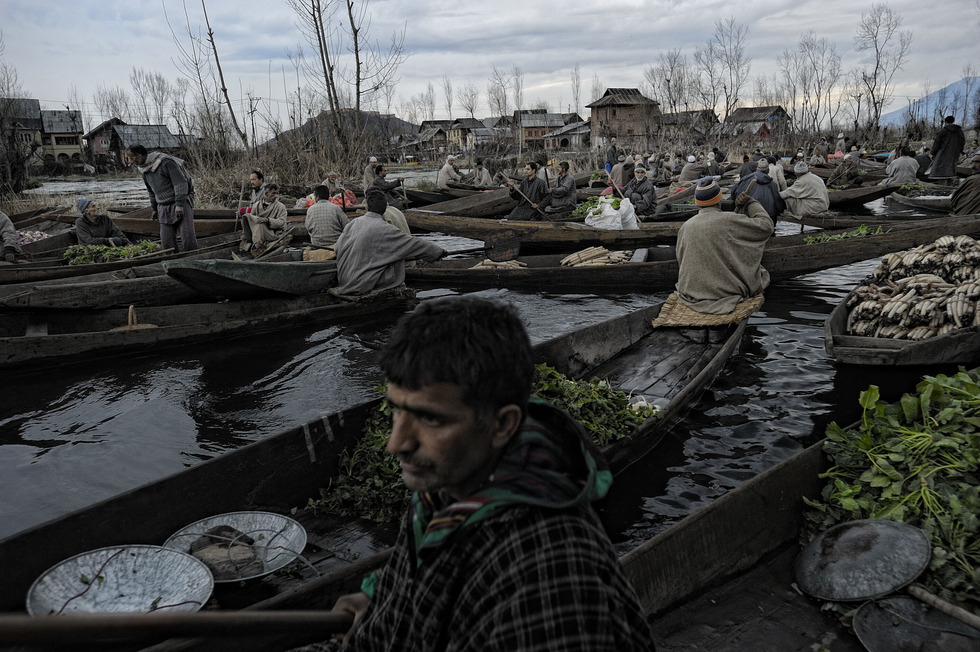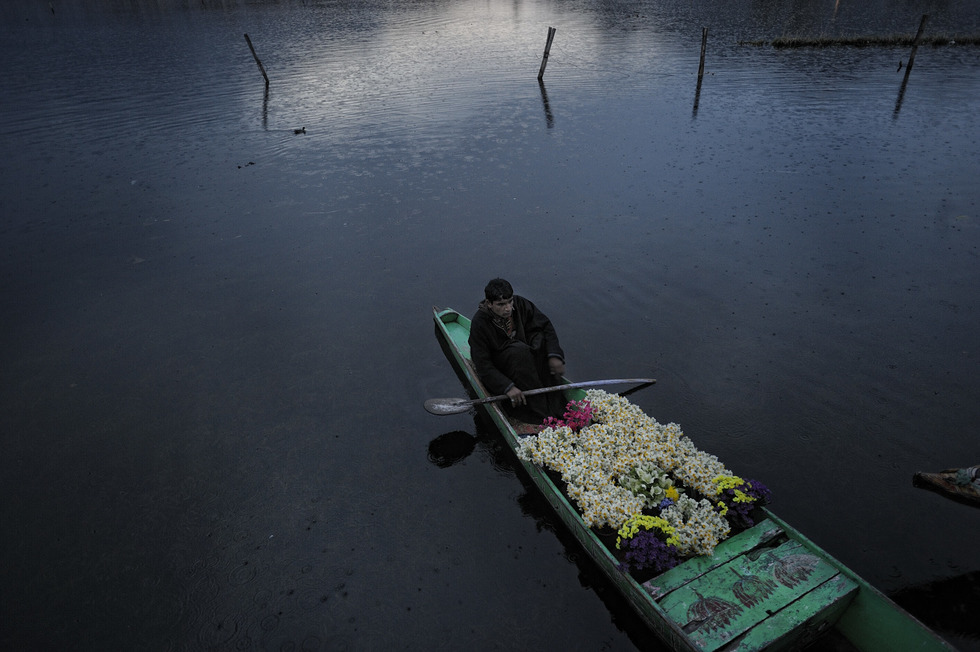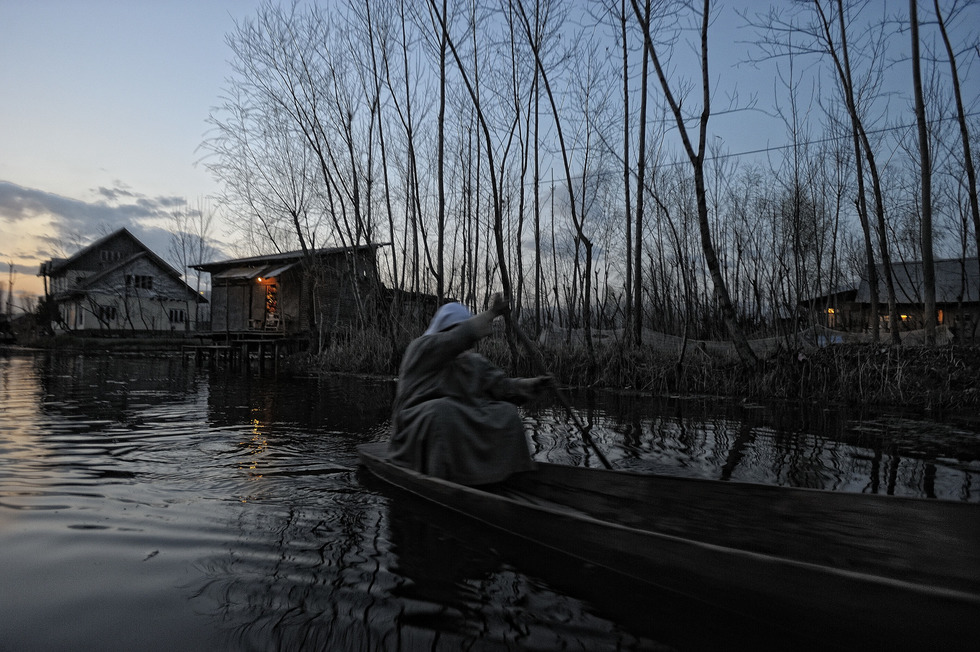Srinagar is the largest city and the summer capital of the Indian state of Jammu and Kashmir. It lies on the banks of the Jhelum River, a tributary of the Indus, and Dal and Anchar lakes. The city is famous for its gardens, waterfronts and houseboats. It is also known for traditional Kashmiri handicrafts and dried fruits.
Folk etymology draws the city name from two Sanskrit words: śrī ("glory, prosperity", a name for the Hindu goddess Lakshmi) and nagar ("city"), which would make "City of Lakshmi" (or "City of Prosperity"). However, the earliest records mention the name as siri-nagar which in turn is a local transformation of the original Sanskrit name sūrya-nagar, meaning "City of the Sun" (or, of a sun god).
As of 2011 census Srinagar urban agglomeration had 1,273,312 population. Both the city and the urban agglomeration has average literacy rate of approximately 70%, whereas the national average is 74.04%. The child population of both the city and the urban agglomeration is approximately 12% of the total population. Males constituted 53.0% and females 47.0% of the population. The sex ratio in the city area is 888 females per 1000 males, whereas in the urban agglomeration it is 880 per 1000, and nationwide value of this ratio is 940. The predominant religion of Srinagar is Islam with 96% of the population being Muslim. Hindus constitute the second largest religious group representing 2.75% of the population. The remaining population constitutes Sikhs, Buddhist and Jains.
As of 2011 census Srinagar urban agglomeration had 1,273,312 population. Both the city and the urban agglomeration has average literacy rate of approximately 70%, whereas the national average is 74.04%. The child population of both the city and the urban agglomeration is approximately 12% of the total population. Males constituted 53.0% and females 47.0% of the population. The sex ratio in the city area is 888 females per 1000 males, whereas in the urban agglomeration it is 880 per 1000, and nationwide value of this ratio is 940. The predominant religion of Srinagar is Islam with 96% of the population being Muslim. Hindus constitute the second largest religious group representing 2.75% of the population. The remaining population constitutes Sikhs, Buddhist and Jains.
